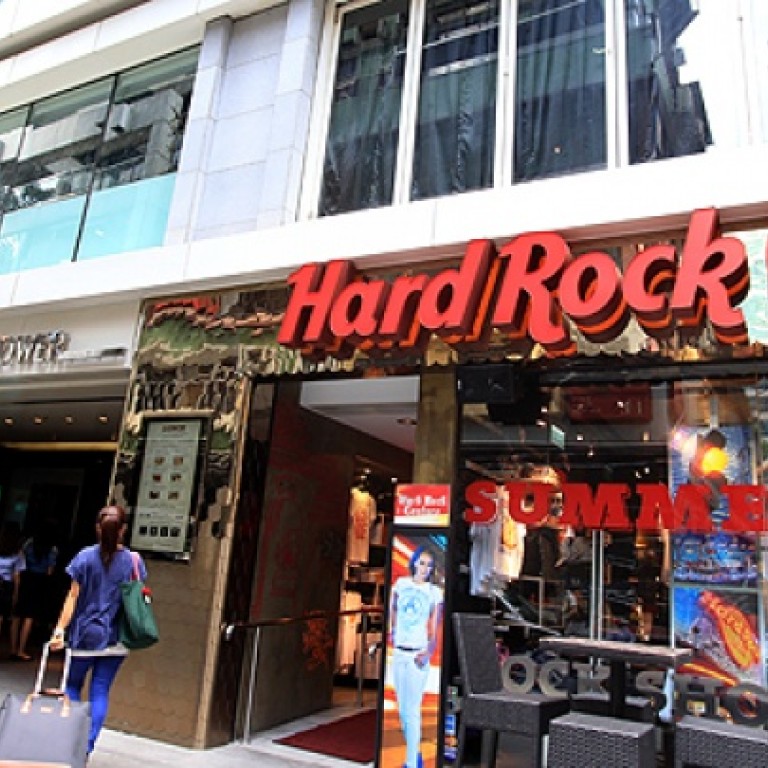
Expats' costs are down but Hong Kong is still No 10 in Asia
Living expenses here cheaper than Singapore, Beijing and Shanghai as Tokyo again tops the list
Hong Kong has become a little bit cheaper for expatriates to live in, relatively speaking.
It dropped one place to become the 38th most expensive location in the world for expatriates - although it remained in 10th place among Asian cities, according to a bi-annual survey.
The cost-of-living survey looks at a basket of consumer goods and services commonly purchased by international assignees in more than 400 cities worldwide.
Accommodation and utility costs are not included.
The survey, by human resources firm ECA International, is used by companies to calculate compensation packages for expatriates and ensure their purchasing power is not compromised.
In Asia, Hong Kong was cheaper than Singapore, Beijing, Shanghai, Seoul and Tokyo, which ranked first for the second year in a row.
Beijing was ranked 24th in the world, Shanghai 26th and Singapore 36th.
Average prices in Hong Kong's basket rose 3.9 per cent from the same period last year. That followed a 6 per cent rise from 2011.
The biggest factor in rising prices this year were big increases in food prices and the cost of dining out.
But that was somewhat countered by cheaper electronic goods and petrol prices.
The government's Composite Consumer Price Index, which looks at a basket of goods and services commonly purchased by the average Hongkonger, rose 4 per cent last year, according to the Census and Statistics Department.
"Although prices have remained relatively static in Hong Kong from last year, higher inflation in mainland China tends to have a knock-on effect on Hong Kong," said Lee Quane, ECA International's regional director for Asia.
"With a relatively stronger renminbi, local importers have to pay much more for mainland imports. These prices are passed on to consumers."
Quane said Hong Kong's stability and lack of currency risk meant it remained an attractive city for international assignees and multinational companies. The city, however, was at risk of losing competitiveness to equally stable cities, such as Singapore.
Currency fluctuations played the biggest role in moving countries up or down the list on this year's survey, according to the report. Tokyo, which ranked first last year, fell to sixth worldwide this year and was overtaken by Oslo.
"The significant depreciation of the yen against other major currencies in recent months is the primary reason for this drop. It means that for many companies, the cost of maintaining their assignees' purchasing power while posted there has fallen," said Quane.
A similar cost-of-living study, released in February by the Economist Intelligence Unit, ranked Hong Kong in 14th place among 131 cities worldwide.

